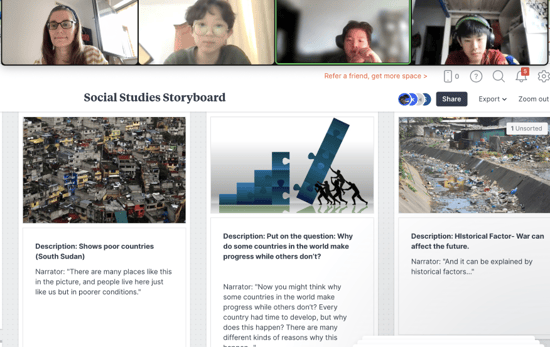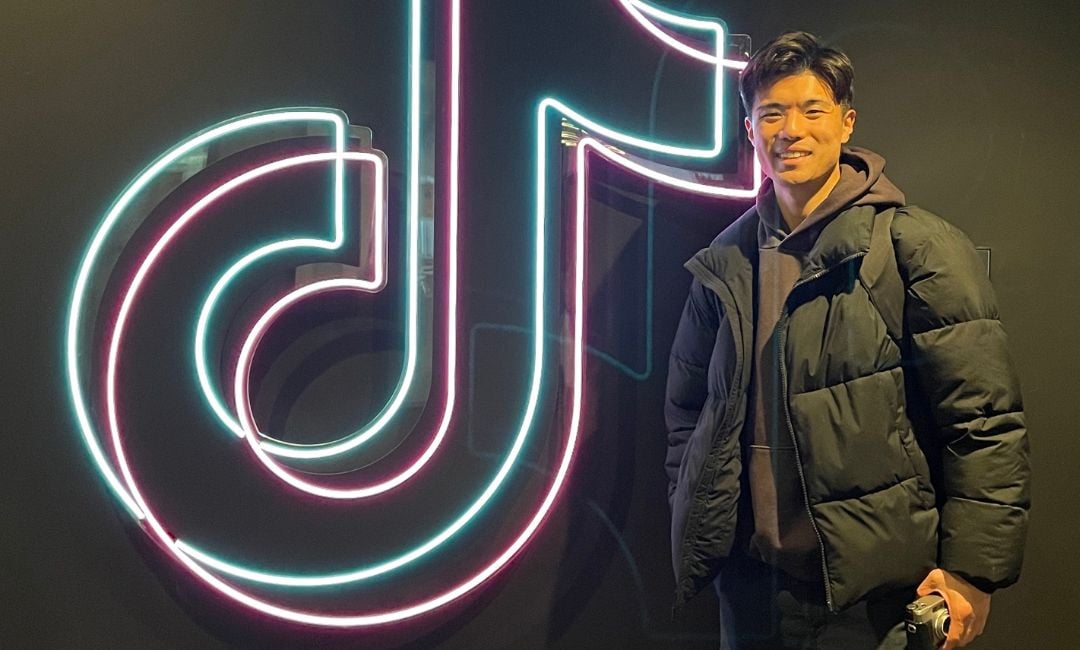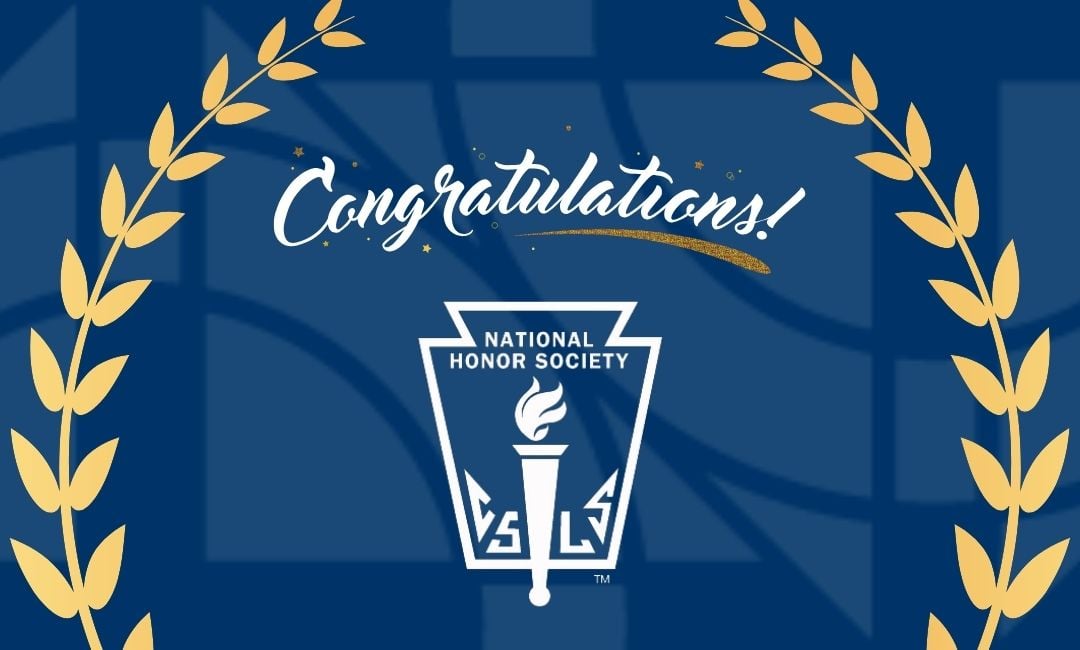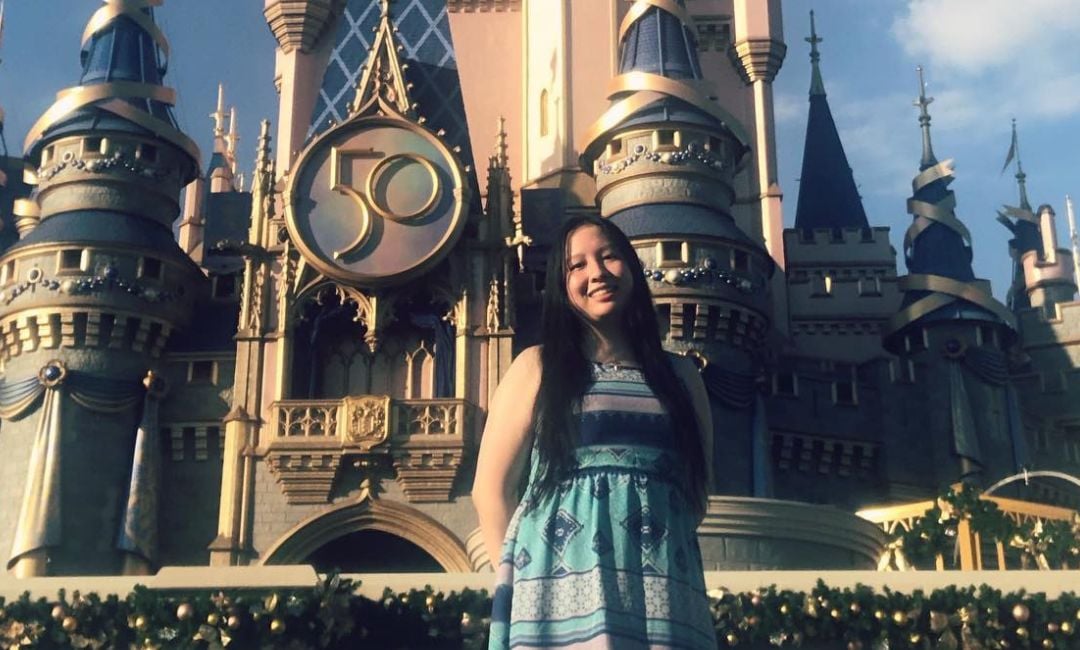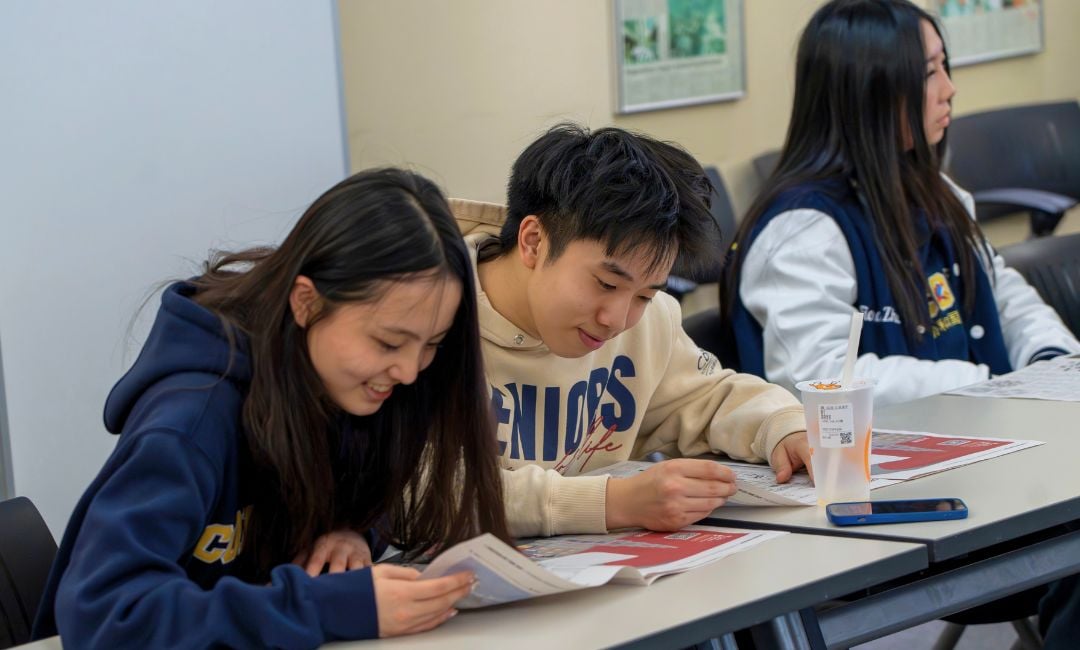Students in Ms. Bouwer’s Grade 7 Social Studies have recently used the design cycle to create documentary films to seek answers to inquiries they have had throughout their current Unit of Inquiry: Human Innovation.
"What is progress and how do we define it?”
In this unit, students looked outwards at the broader world around them as they sought to learn about challenges many individuals in our world face to meet their basic needs. Deep diving into the UN Sustainability Goals, students not only learned about the different challenges that these goals are seeking to address, but also the impacts that can arise for individuals and their communities when these needs are lacking. The overarching Enduring Understanding for this unit has been: We have a responsibility to understand and respect others’ efforts to meet their basic needs which are impacted by environmental, economical, social, cultural, and civic concerns.
The Design Cycle
Starting with Phase 1: Imagine, students began their process by researching over 80 different countries around the world using data points such as life expectancy, education levels, food stability, and income levels to compare and contrast progress rates. Using their findings, progress reports for each country were created. Students began to analyze their findings as they looked for trends between these countries. Grouping countries into categories (Red, Yellow, Green), they then came up with a list of wonderings which were used to help create their own inquiry questions.
In Phase 2: Investigate, students selected a research question related to progress or lack of progress seen in the band of countries that they were assigned and began their research.
“I have gotten better with this work in ways such as researching more in depth, editing videos more efficiently, and also using a more academic mindset and thinking about things critically and from many different ways. Before the documentary, my research was without deeper analysis, and it was difficult to find good articles or pictures.”—Jiren L., G7 student
“I have gotten better at note taking and using the notes I have gathered to make a summary on the information. Before I started this project I was not very good at using the notes I had gathered to make a summary. But after the note taking segment, I learned how to make a quick summary that was not too long, but had all the information I learned.” —Andy Q., G7 student
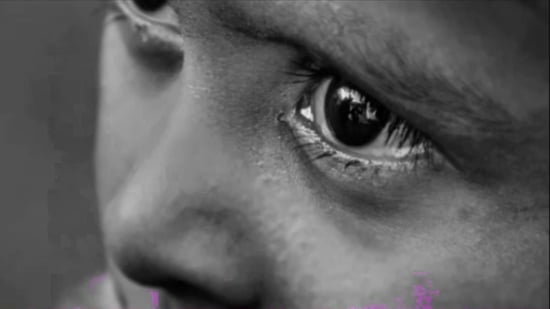
Part of what makes a documentary compelling is story-telling and having the audience connect to individuals or stories that are shared. Therefore, not only did students need to include the facts that they researched, they also needed to think about how to craft those into a compelling story that the audience might connect with. In Phase 3: Plan, students viewed various documentaries to determine strengths and weaknesses. Then they collaborated to create a storyboard as they planned out their own documentary.
“When working on this project, some things that I learned about myself were my strengths such as converting my knowledge to a story and finding high quality images. I also learned about my weaknesses such as coming up with ideas for the documentary as it was hard for me to think about the genre of music we should use, or how we should format our documentary so that our end result would be engaging, detailed, have aesthetic appeal, etc.” —Caroline J., G7 student
“Something I learned about myself was that I could finish large tasks if broken into smaller pieces. For example, making a documentary was daunting at first, and I thought it would take a long time. However, we had certain days for specific steps in our project, so this enormous task was broken down, which I found more manageable. This taught me that tasks that seem like they would take a long time could be easily managed if broken into smaller pieces, step by step.” —Jeffrey D., G7 student
Reframing Challenges
Virtual School + Severe Lockdown + Poor Internet Connections + Daily NAT Testing = Challenges in Filming!
Consequently students continuously moved back and forth between Phases 4& 5: Create & Evaluate. They had to constantly readjust and adapt. Instead of thinking about these things as challenges, they reframed them as opportunities to be innovative!
“Throughout this project, I've learned the importance of teamwork and clear roles that make the workload balanced out. We assigned each of us a job each class period so everyone is clear on what we are currently working on.” —Lillian C., G7 student
“While working on this project I learned the importance of working in a group while sharing ideas and that I am good at working with others. I learned that each group member may have different skills that can make efficient productivity within a group. Specifically, I learned that while I am good at techniques of editing, scripting, and planning of project, for the project to enhance, I need the creativity and different ideas others can bring.” —Jamie P., G7 student
Reflections
When asked, “What do you wish others knew after viewing these documentaries, and what do you think might change if people knew this?” students had a variety of ideas:
“What I learned from these films that I wish everybody knew is that your actions don’t have to directly impact the world and the progress that a specific country is making, but it can indirectly impact it. I feel if everybody knew this, we would take a lot more time to think about our actions and these things we do in our everyday life like taking a shower, eating food, and throwing away trash. How much are we doing this and how little are we doing this? How do our small actions affect the world?” —Ava S., G7 student
“I wish everyone knew that in some parts of the world people don’t even have a stable source of food… I think sometimes people don’t care about others, but it’s due to the lack of knowledge about the situation rather than they are actually selfish.” —Nicolas W., G7 student
“I noticed that through all our films how important education is for a country. Education is not only for one’s personal benefit, but also for the development of a country and society as a whole. If everyone knew this, our society would be a better place and would definitely be developing forward.” —Ivy G., G7 student
“What I wish people would know… without strong partnerships or a strong union, countries aren’t thriving. We need to step up our game. We need to recycle. We need to assist other people. We need to work more on small changes that turn big.” —Sebastian A., G7 student
Through this process, students learned that there are many factors that can help or hinder a country from making strides forward. Progress is never linear- there are times when countries move forward, stagnate, and even regress backwards. We are often more similar than we think; if we spent more of our time and energy learning from one another and partnering together, we might surprise ourselves in the type of progress we could make.
Check out some of our documentaries below:
Inquiry Question: How do factors such as physical, environmental, and economical, affect progress relating to food that is provided within certain countries?
Progress Report Countries: Red
Team: Isabella, Tracy, Ayana, Susan
Inquiry Question: What are the trends that make a country developed?
Progress Report Countries: Green
Team: Ivy G, Ivy R, Serena, Coco
Inquiry Question: Do alliances impact access to the accessibility of needs in a country?
Progress Report Countries: Green
Team: Sebastian, Jamie, Connor, Alexander
Inquiry Question: How does location of a country affect progress?
Progress Report Countries: Red
Team: Hanwon, Rebecca, Caroline, Roselyn, Jerry
Inquiry Question: Why is South America Less Developed than North America?
Progress Report Countries: Yellow
Team: Jeffrey, Tzn
